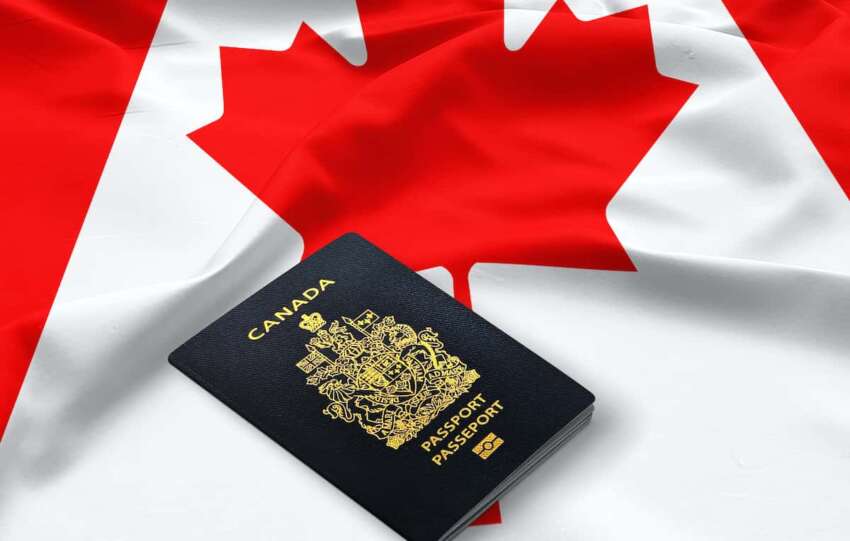Pakistan’s Forex Crackdown Spurs Record Remittances and Economic Stability
Pakistan’s intensified measures to combat illegal foreign exchange trading are yielding remarkable results, with the country on track to achieve a record-breaking $35 billion in remittances this year. According to Bloomberg and central bank data, money sent home by overseas workers surged by 34% to $14.8 billion in the five months leading up to November, compared to the same period last year.
Impact of the Crackdown on Illegal Forex Trading
This significant rise in remittances follows a nationwide crackdown on the unofficial trading of dollars. The Federal Investigation Agency (FIA) has taken strict measures, including raids on money changers, arrests, and deploying plainclothes security personnel to monitor exchanges. These actions have reduced illegal dollar trading by 20% over the past two years, funneling approximately $10 billion into formal banking channels.
Finance Minister Muhammad Aurangzeb expects total remittances to reach $35 billion by the end of the year, up from $30 billion last year. He stated that these reforms have bolstered foreign exchange reserves, easing economic vulnerabilities that nearly led to default in 2023.
Currency Stability and Economic Gains
Pakistan’s foreign exchange reserves surpassed $12 billion in November, their highest level since March 2022. This recovery has been aided by increased remittances and the government’s $7 billion loan secured from the International Monetary Fund (IMF) in September. The IMF’s guidance has also facilitated critical economic reforms, stabilizing the rupee, which has appreciated 2% this year and now ranks among the best-performing emerging-market currencies.
John Ashbourne, an emerging-market economist at BMI, noted:
“The currency reforms do seem to have boosted remittances. This increase might be because remittances that had previously been sent using the black market are now being sent via official channels.”

How Pakistan is Strengthening Its Economy
The crackdown on illegal forex trading and improved remittance flows have significantly strengthened Pakistan’s economic framework. The surge in remittances is enhancing foreign exchange reserves, providing much-needed financial stability, and reducing reliance on informal currency markets.
Exchange Companies Association of Pakistan General Secretary Zafar Paracha remarked:
“All kinds of negative currency trading have significantly declined, allowing the economy to benefit from formal banking channels.”
A Positive Outlook for Pakistan’s Economy
The rise in remittances and foreign exchange reserves marks a turning point for Pakistan’s economic recovery. By redirecting informal financial flows into official banking systems, the country is laying the groundwork for long-term economic stability and growth.

